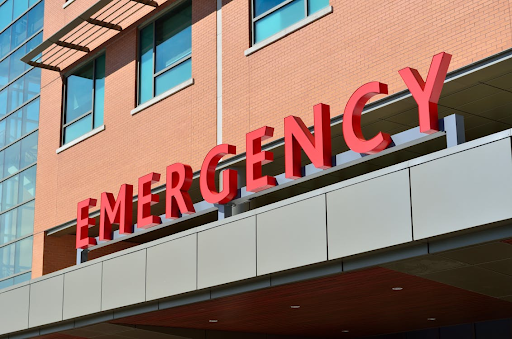
Accidents can happen at any time, and when they occur during a business trip, the company needs to handle the situation appropriately. Whether it’s a car accident, an injury during a work-related activity, or an incident while traveling for business, the response from Human Resources (HR) can significantly impact the outcome for both the employee and the company. HR departments must act swiftly and professionally to ensure that the employee’s well-being is prioritized, legal obligations are met, and the company’s reputation is protected. This article discusses how HR should respond to accidents that happen during business trips.
Hiring a Lawyer to Navigate Legal Complexities
When an accident occurs during a business trip, legal considerations come into play. The severity of the incident and the location can influence the legal processes that follow. HR should be prepared to advise employees on seeking legal counsel, especially if the incident results in serious injury or property damage. In some cases, it may be necessary to hire a professional, such as a Kentucky rear-end accident lawyer, to help navigate the legal aspects of a case. Having an attorney involved can ensure that the employee’s rights are protected, particularly in instances where liability or workers’ compensation claims are involved. In addition, HR should collaborate with the company’s legal team to evaluate the situation and offer the appropriate guidance to the affected employee.
Prioritizing Employee Health and Safety
The first and foremost priority when responding to an accident during a business trip is ensuring the employee’s health and safety. HR must provide immediate assistance, such as arranging medical attention if necessary, and facilitate transportation to a hospital or doctor if the employee is unable to make it on their own. Additionally, HR should gather all necessary information about the accident, including medical reports and witness statements, to document the incident thoroughly. By focusing on the employee’s well-being and ensuring they receive the care they need, HR can demonstrate the company’s commitment to employee safety, which is essential in maintaining trust and morale.
Ensuring Proper Documentation
Once the immediate concerns regarding health and safety have been addressed, it’s essential to document the accident comprehensively. HR should create a detailed report of the incident, including facts about how it occurred, the individuals involved, and any medical attention that was provided. This documentation serves not only as a record for the company’s internal use but also in case of insurance claims or legal proceedings. If necessary, HR should consult with the legal team to ensure all documentation complies with company policies, local laws, and workers’ compensation regulations. Proper documentation can protect both the employee and the company from future disputes.
Communicating with Insurance Providers
source
Accidents on business trips often trigger the need to engage insurance providers, especially if the company has travel or vehicle insurance policies. HR should contact the company’s insurance provider to inform them of the accident and begin the claims process. It is essential to gather all relevant details about the incident, such as police reports, medical records, and any damage to company property, to facilitate the claims process. HR should work closely with insurance adjusters to ensure that the employee’s medical costs are covered and that the company fulfills its insurance obligations.
Addressing Work and Compensation Issues
After an accident, the employee may require time off from work to recover, which may affect their productivity and the company’s operations. HR must have a clear policy in place for handling workers’ compensation claims and time off for employees who are injured during business trips. Depending on the severity of the accident, employees may need temporary or permanent accommodations to support their recovery. HR should ensure that all necessary workers’ compensation paperwork is filled out correctly and promptly and that the employee is informed of their rights and benefits. Additionally, HR should maintain open communication with the employee regarding their recovery timeline and provide support as needed, including modifying work duties or offering paid leave if applicable.
Maintaining Confidentiality and Sensitivity
While HR must respond quickly and effectively to an accident during a business trip, it is equally important to maintain confidentiality and sensitivity throughout the process. The details of the incident, including medical information and personal circumstances, should only be shared with individuals who have a legitimate need to know. Additionally, HR should handle the situation with empathy and respect for the employee’s privacy, especially if the accident resulted in significant physical or emotional distress. Maintaining confidentiality helps protect both the employee’s dignity and the company’s reputation. HR should also provide ongoing support to the employee, including checking in on their recovery and offering resources such as counseling or employee assistance programs if necessary.
Accidents during business trips are unfortunate, but the way they are handled by HR can significantly affect both the employee’s recovery and the company’s future. By prioritizing the health and safety of the employee, ensuring thorough documentation, and engaging with legal and insurance experts, HR can navigate the complexities of a business trip accident effectively. A thoughtful, well-executed response can lead to a positive outcome for all parties involved.










